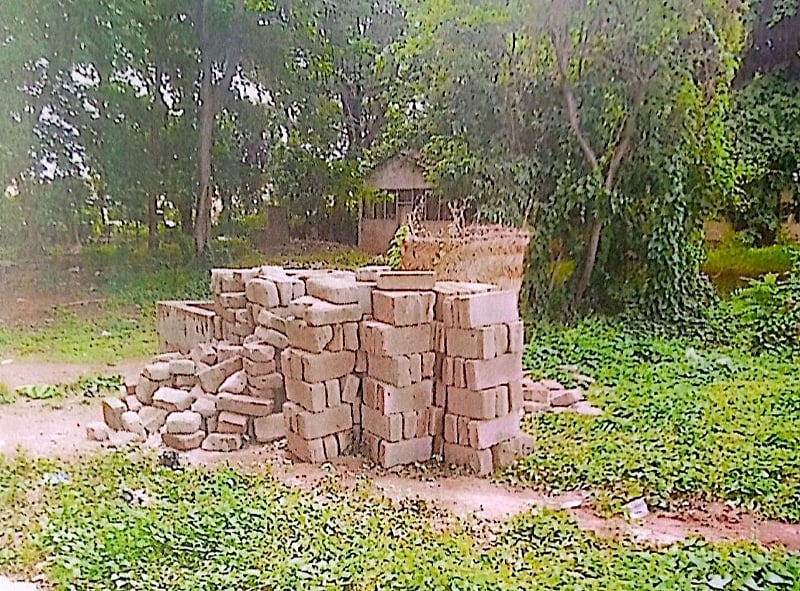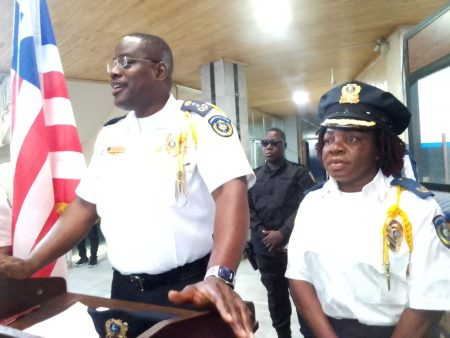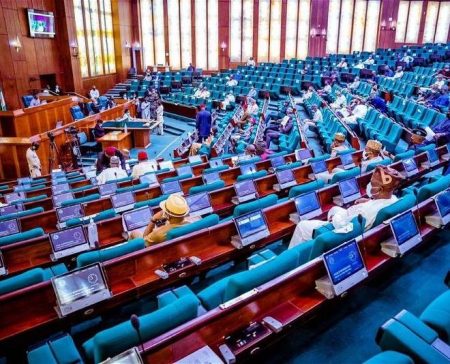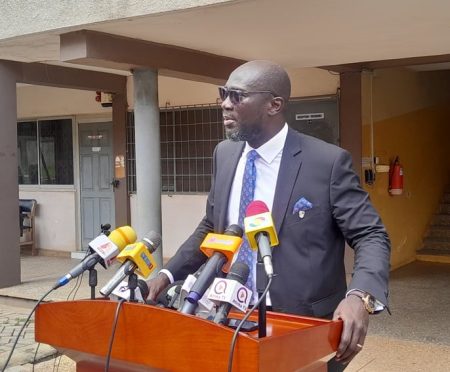The preservation of urban green spaces has become a critical point of contention in Ghana, particularly in the face of increasing development pressures and the escalating impacts of climate change. Recent reports indicate a disturbing trend of encroachment upon designated parklands in various parts of the country, raising concerns about the government’s commitment to environmental protection and the long-term well-being of its citizens. These incidents, including the construction of a petrol station on parkland in Wa, attempted appropriations of parkland in Accra for commercial and residential development, and the reported siege of parkland in Tamale, highlight a systemic issue that demands immediate and decisive action. The encroachment on these vital green spaces not only diminishes the quality of life for urban residents but also undermines the nation’s resilience to climate change.
Parks and gardens serve as essential green lungs within urban environments, providing numerous ecological and social benefits. They offer spaces for recreation, promote physical and mental well-being, and contribute to biodiversity conservation. Trees within these green spaces absorb carbon dioxide, mitigating the impacts of air pollution and helping to regulate urban temperatures. Furthermore, parks and gardens can play a crucial role in managing stormwater runoff, reducing the risk of flooding, and contributing to groundwater recharge. The ongoing encroachment on these spaces, therefore, represents a significant setback in efforts to create sustainable and resilient urban environments. The construction of a petrol station within a designated park in Wa, for instance, not only destroys valuable green space but also introduces potential environmental hazards, including soil and water contamination.
The reported attempts to appropriate parkland in Accra for commercial and residential development underscore the intense pressure on urban land resources. While development is essential for economic growth and progress, it must be implemented in a sustainable and environmentally responsible manner. The conversion of parkland for other purposes represents a short-sighted approach that prioritizes immediate economic gains over the long-term well-being of the city and its residents. Similarly, the reported siege of parkland in Tamale, marked by the placement of blocks on the land, indicates a disregard for established regulations and the importance of preserving green spaces. These actions not only deprive residents of valuable recreational areas but also contribute to the fragmentation of urban ecosystems and the loss of biodiversity.
The ongoing encroachment on parklands raises serious questions about the effectiveness of existing laws and regulations designed to protect these vital spaces. It also casts doubt on the commitment of duty bearers to enforce these regulations and uphold the government’s stated environmental agenda. The Re-Set agenda, which presumably prioritizes sustainable development and environmental protection, appears to be undermined by the very actions that are occurring on the ground. The government must demonstrate a stronger resolve to protect green spaces and ensure that development projects are aligned with environmental sustainability principles. This includes strengthening enforcement mechanisms, holding individuals and organizations accountable for violations, and promoting greater public awareness of the importance of preserving urban green spaces.
The call to revoke Executive Instrument 144, which declassifies a portion of the Achimota Forest, further underscores the urgency of protecting Ghana’s remaining green spaces. The Achimota Forest serves as a critical green lung for Accra, providing vital ecosystem services and contributing to the city’s overall well-being. Declassifying portions of this forest opens the door to further encroachment and development, potentially leading to the irreversible loss of this valuable natural asset. The government must prioritize the preservation of the Achimota Forest and other remaining green spaces, recognizing their crucial role in mitigating the impacts of climate change and ensuring the long-term health and resilience of urban communities.
The protection of green spaces is not merely an environmental issue; it is a matter of public health, social equity, and sustainable development. Access to green spaces provides numerous benefits for urban residents, including improved physical and mental health, opportunities for recreation and social interaction, and a sense of connection with nature. Moreover, green spaces play a crucial role in regulating urban temperatures, reducing air pollution, and mitigating the impacts of climate change. The ongoing encroachment on parklands in Ghana represents a serious threat to the well-being of its citizens and the long-term sustainability of its urban environments. The government must take decisive action to protect these vital spaces, ensuring that they are preserved for present and future generations. This includes strengthening legal frameworks, enhancing enforcement mechanisms, and promoting greater public awareness of the importance of urban green spaces. Furthermore, the government must prioritize sustainable development practices that integrate environmental considerations into all aspects of urban planning and development. By safeguarding these vital green lungs, Ghana can build more resilient, livable, and sustainable cities for all its citizens.














